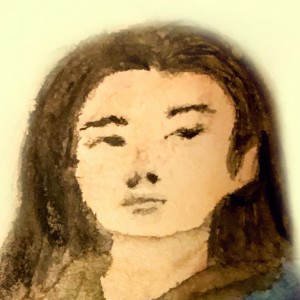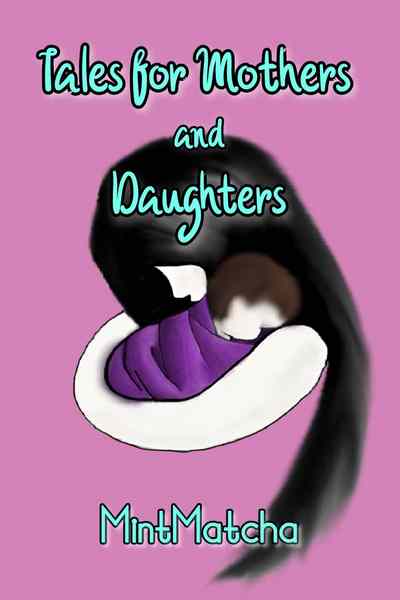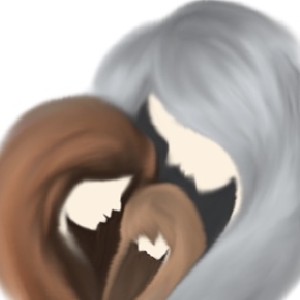Warning: references to infant death.
When it came time to talk about my older sister I think Mum had gotten fairly used to opening up to me. It wasn’t hard to explain the basics, that I’d had a sister who died. I’d known about her from fragments that she and Grandma had uttered one time or another. It was the experience I didn’t know, and was somewhat afraid of knowing. I had two children now and the thought of losing even one of them made me terrified beyond all explanation.
We started out with the basics, yes, but it was from what I already knew flowed the things I didn’t know.
“It was a shock,” Mum said, “It wasn’t uncommon for infants to die, so when your sister died we were expected to bury her and move on with our lives.”
“What did she die from?” I asked.
“What do they call it these days?” Mum murmured. “Sleep syndrome?”
“Sudden infant death syndrome,” I realized. It wasn’t uncommon today, but we had countermeasures for it now, like baby monitors. Still, I pictured a younger Mum tucking my older sister in bed, only to come back to find her dead. The thought of it sent shivers down my spine. I wanted to grab my daughters and pull them into a big hug so I knew they were okay. “Do you still think about her?”
Mum nodded, though she didn’t cry like I’d thought she would. Her emotions weren’t completely unearthed, and that was fine. I didn’t have to know everything all at once. I accepted that Mum didn’t have to give me everything until she was ready. Sometimes the things left unsaid are unsaid for a reason, that what we think was cowardly was the only way to have pushed forward.
By the time my third daughter was born I knew the full story. My older sister was seemingly healthy, almost six months old. Mum and Dad were still living in Britain at the time, surrounded by family who were still working on accepting them. Mum had been staying home from work to raise the baby, which put a strain on their finances. Dad had gone out to work that day and Mum had put the baby down for a nap to start making dinner. When she came back up she’d found the infant lying flat on her back. Unmoving.
I couldn’t imagine what horror she’d felt, how mortified she’d been when she realized what had happened. The way Mum explained it gave me the impression that she’d been in shock for a long time, that even years after when she’d had me she still couldn’t fully comprehend that she’d lost a child. What could something like that do to a person? How had Dad taken it? Had Mum’s in-laws hated her for it? Accused her of neglect causing death?
I could only respond by giving Mum hugs. I hoped she understood my feelings in that way. There wasn’t much I could say aloud. I had thousands more questions, but none that I could ask. After all, sometimes it’s better not to know everything.
“Being a mother isn’t easy,” Mum said at one point. “You’re still very much a child, yourself, and the adults still see you as children. But you have to grow up at some point. It doesn’t all come at once, though. Sometimes it takes a kid or two to understand what being a mother really means.”
And sometimes that means not telling your children everything.











Comments (0)
See all